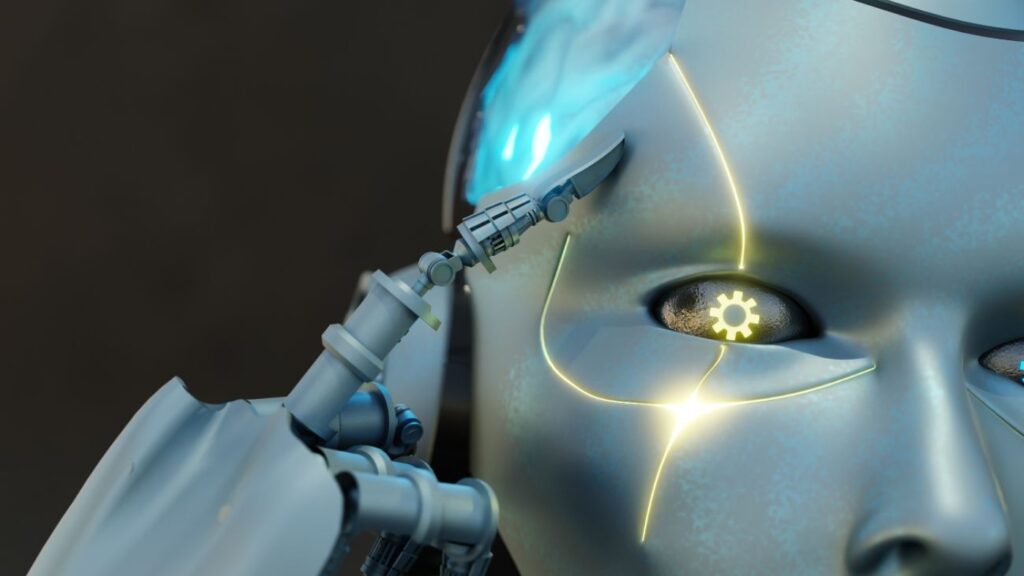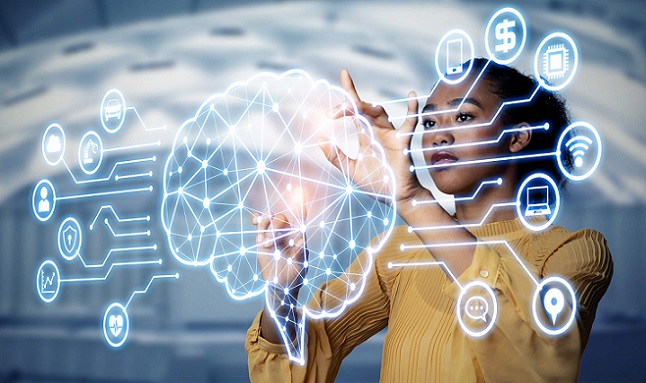Artificial intelligence (AI) has rapidly woven itself into the fabric of modern life. From healthcare to transportation, its impact is undeniable. But with rapid advancement comes misunderstanding. 2025 marks a pivotal year for AI, a time to separate the achieved realities from the persistent myths. This article delves into the genuine progress and addresses common misconceptions surrounding this transformative technology.
AI’s 2025 Triumphs: Real-World Impact
AI is no longer a futuristic fantasy; it’s a tangible force driving innovation across various sectors. Developers have reached these key milestones this year
Natural Language Processing (NLP) Revolution: AI’s ability to understand and generate human language has reached new heights. This breakthrough has led to more natural and seamless interactions with machines, powering sophisticated chatbots, personalized virtual assistants, and advanced language translation tools. Communication barriers are crumbling, and access to information is becoming increasingly democratized.
Enhanced Recommendation Systems: AI now hyper-personalizes recommendation systems, making generic suggestions obsolete. By analyzing vast amounts of user data and consumption patterns, these systems deliver tailored recommendations for e-commerce, streaming services, and social media platforms, creating more engaging and relevant user experiences.
Computer Vision’s Stunning Progress: Computer vision allows machines to “see” and interpret images and videos, with applications ranging from security and surveillance to healthcare and automotive industries. In healthcare, for example, AI-powered image analysis aids in faster and more accurate disease diagnosis, empowering medical professionals to deliver better patient care.

Debunking the AI Myths: Separating Fact from Fiction
As AI becomes more integrated into our lives, it’s crucial to address the myths and misconceptions that often surround it. Clear understanding paves the way for responsible development and implementation.
Myth 1: AI Will Replace Humans Entirely
A common fear is that AI will render human workers obsolete. The reality is more nuanced. While AI will undoubtedly transform the job market, designers primarily intended it to augment, not entirely replace, human capabilities. Human skills like critical thinking, creativity, and emotional intelligence remain invaluable and will be even more crucial in an AI-driven world. The focus should be on adaptation and collaboration between humans and AI.
Myth 2: AI Will Replace All Jobs
The narrative of complete job displacement by AI is misleading. The design of AI augments human capabilities rather than replacing them entirely. While some roles will evolve, AI will also create new opportunities and necessitate the development of new skills.
Myth 3: AI is Sentient and Emotional
AI systems operate based on algorithms and data patterns, lacking genuine consciousness or emotions. They excel at processing information and identifying patterns but don’t possess human-like understanding or empathy.
The Future of AI: Integration and Ethical Considerations
Looking ahead, AI’s integration into daily life will deepen. More intuitive virtual assistants, smarter homes powered by the Internet of Things (IoT), and personalized learning experiences are just a glimpse of what’s to come. However, ethical considerations must remain at the forefront. Responsible AI development, transparency, and ongoing dialogue are essential to navigate the complexities and ensure AI benefits all of humanity.
Learn more about this interesting topic by clicking on the video below.

